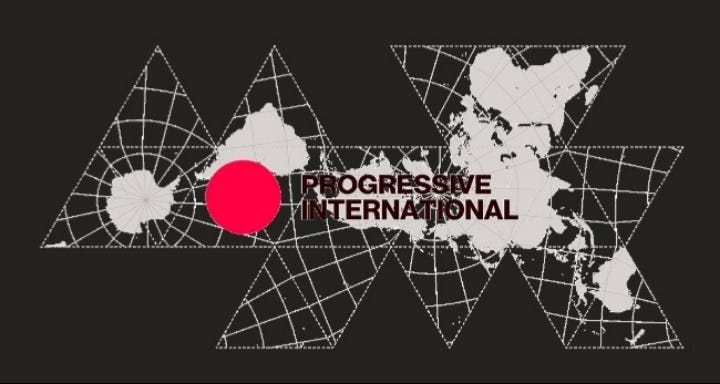In January 1959, Cuba dared to chart a revolutionary path in the belly of the beast, putting behind the indignities of colonial rule that had tormented its people for centuries.
Over the course of its revolutionary history, Cuba has dispatched 605,000 health professionals and technicians to 165 countries, bringing health to as many nations as the United States has sanctioned.
Half a million Cubans joined the national liberation struggle in Angola, helping to break the back of South Africa’s army — a pivotal victory against the apartheid regime.
And Cuba has supported peace across Latin America, recently helping broker a deal between the National Liberation Army (ELN) and the government of Colombia — a critical step in an extended struggle for peace.
Many know about the US blockade against the island. Implemented in the early 1960s as punishment for daring to pursue an alternative economic project, the US embargo has cost Cuba over $140 billion over the past six decades. Its explicit aim has always been to make “the greatest inroads in denying money and supplies to Cuba, to decrease monetary and real wages, to bring about hunger, desperation and overthrow of government.”
But fewer know about the US designation of Cuba as a “state-sponsor of terrorism”. Reinstated in the waning days of the Presidency of Donald Trump, the designation has suffocated the island. After French bank BNP Paribas was fined $8.9 billion for violating US sanctions in 2015, international financiers have been jittery. The designation has seen banks freeze Cuban funds and refuse to process payments, including for permitted humanitarian activities.
The effects are devastating. The Cuban people lack access to most basic goods and resources: medicine, food, construction materials, energy, industrial machinery, and spare parts. The designation has strangled the Cuban economy. Despite repeated promises to revisit the policy, Joe Biden has sustained the punishment — a cruel and cynical policy that stands in violation of fundamental norms in international law.
That is why over 250 organizations — including the Democratic Socialists of America (DSA), Workers' Party of Belgium, Communist Party of Chile, and Movimento de Trabalhadores Sem-Teto (MTST-Brazil) — have joined a global call demanding that Cuba be taken off the list, a decision that Biden could make with the stroke of a pen.
In solidarity,
The Progressive International Secretariat




